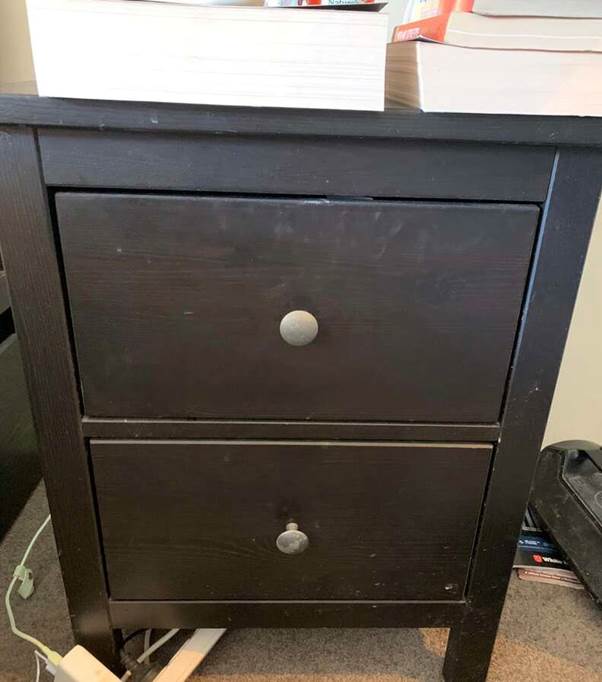
The Mystery of the Bedroom Visitor
A bedroom is a sanctuary, a personal space where the outside world is meant to stay out. But a few months ago, a resident in a quiet Sydney suburb discovered that the wild had found a clever way in. They caught a fleeting glimpse of the intruder: a pair of big, dark eyes and a whiskered snout belonging to a baby ringtail possum, looking utterly bewildered to be inside a human dwelling. The homeowners were mystified. Every door and window had been closed. Their best guess was a theory familiar to many pet owners: the cat, their household’s furry little hunter, had likely treated this tiny creature as a prize to be brought home.Concern for the possum’s well-being immediately overshadowed any surprise. This was no place for a delicate, wild baby. They quickly placed a call to WIRES, the local wildlife rescue organization, for help. While they waited for the experts to arrive, the tiny, frightened visitor did what any scared creature would do—it vanished. The homeowners looked around the room, which suddenly felt vast and full of hiding places. The possum had disappeared as mysteriously as it had arrived, leaving behind only the strange, lingering question of where a wild animal could possibly hide in a modern bedroom.
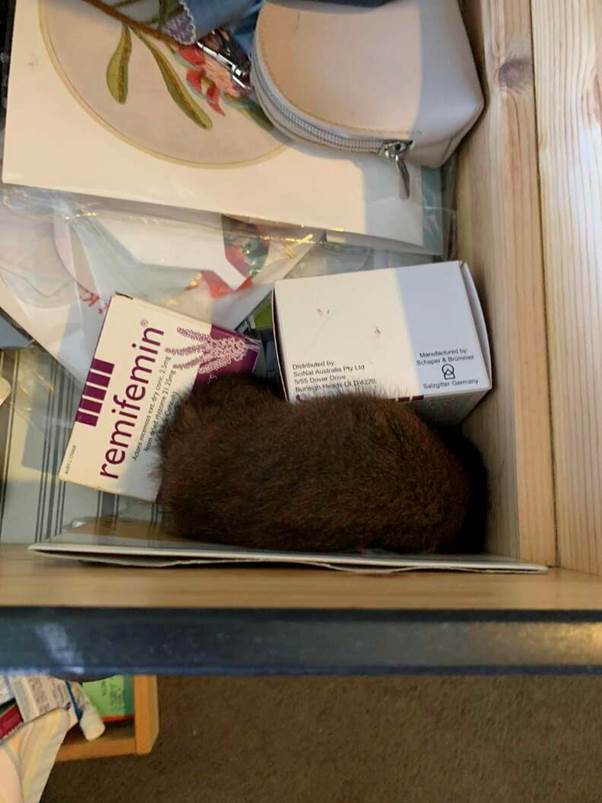
The Last Place Anyone Thought to Look
When WIRES emergency responder Rachel arrived, the great bedroom search began in earnest. The scene was one of focused, almost comical, determination. With the homeowners’ help, Rachel started with the obvious spots. They lifted the duvet and checked between the sheets. They peered under the bed, using their phone flashlights to illuminate the dark, dusty spaces. They checked behind the curtains, inside the closet, and even patted down the pockets of every jacket and pair of trousers hanging inside. Every potential nook and cranny was explored, but the tiny possum seemed to have dematerialized.Just as they were starting to lose hope, their attention turned to the last, most unlikely piece of furniture: the bedside table. It seemed improbable, but they had to be thorough. They opened the top drawer, filled with the usual collection of nighttime essentials, and found nothing. But when they slid open the bottom drawer, time seemed to stand still. There, nestled in a small, molded compartment designed to hold socks or trinkets, was the fugitive. Curled into a perfect, tight ball of fur, the little ringtail possum was fast asleep, having found what she believed to be the safest, darkest, and quietest den in this strange new world. “[T]here it was, a little juvenile ringtail possum curled up in a compartment,” Rachel recalled, amazed at the sight.
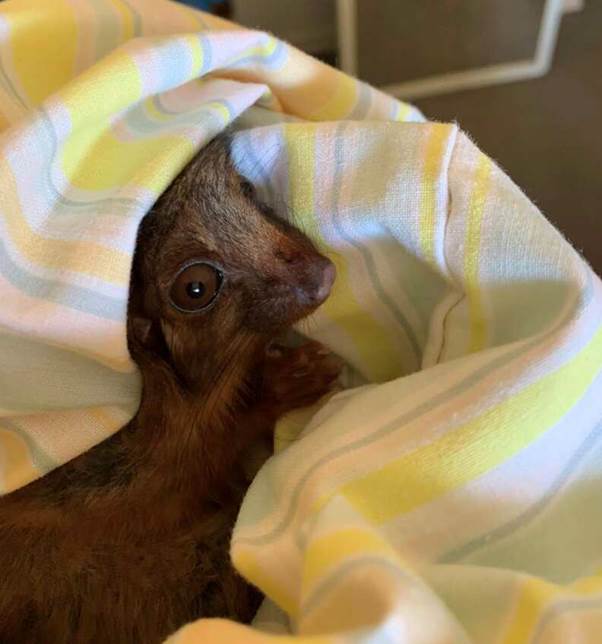
A Pocketful of Possum
The sight was so unexpected and so utterly endearing, it took a moment to process. This tiny marvel of the Australian night had somehow navigated the complex interior of the cabinet, likely climbing up the space at the back to find this hidden sanctuary. With practiced gentleness, Rachel carefully scooped the disoriented but calm baby into a soft, woolen pouch designed to mimic the warmth and security of its mother’s. After a thorough but unsuccessful search of the surrounding yard for the possum’s mother, it was clear the baby was now an orphan. The next step in her journey was a crucial one.Rachel transferred the little survivor to Kris, a dedicated WIRES volunteer and experienced possum carer. Kris performed a careful examination and was relieved to find the baby was completely unharmed, a small miracle given her likely encounter with the cat. Still, her story served as a potent reminder of the danger domestic cats pose to native wildlife. Kris decided to name her Libby, a nod to Liberty Grove, the suburb where she was found. “She was remarkably calm following her ordeal and just wanted somewhere warm to curl up and sleep,” Kris noted. For Libby, the terrifying adventure was over, and a period of healing and growth was about to begin under Kris’s watchful eye.
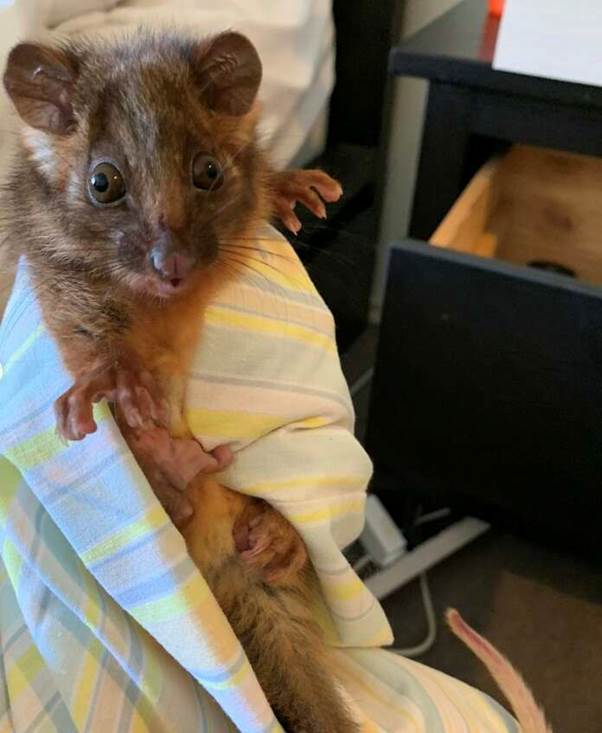
A Bittersweet Goodbye to the Wild
For the next eight weeks, Kris’s home became Libby’s world. She was given a specialized diet of fresh leaves from native shrubs, carefully selected to build her strength. But Kris knew that food and shelter weren’t enough; a social creature like a possum needed companionship. “I soon buddied her up with two other orphaned possums around the same age,” Kris explained. The three tiny orphans were placed together in a homemade drey—a cozy, spherical nest woven from sticks and branches—where they immediately huddled together, sleeping in a pile of intertwined tails and quiet breaths. They found comfort and confidence in each other, learning the subtle social cues of their species.Under this dedicated care, Libby thrived. She grew stronger, more confident, and her wild instincts sharpened. Soon, Kris knew the bittersweet moment had arrived. It was time for Libby to go home. The release was a quiet, beautiful affair. Taken back to a safe, protected area in her native habitat, Libby was set free. There was no hesitation. She didn’t look back for a final goodbye or a moment of thanks. “[It] was fabulous to see her scamper back into the familiar habitat where she belongs — she didn’t even give a backward glance,” Kris said with pride. That final, confident scramble into the trees was the ultimate sign of a successful rescue. The brief intersection of their worlds was over, and Libby, the possum from the nightstand drawer, was finally back where she belonged.
